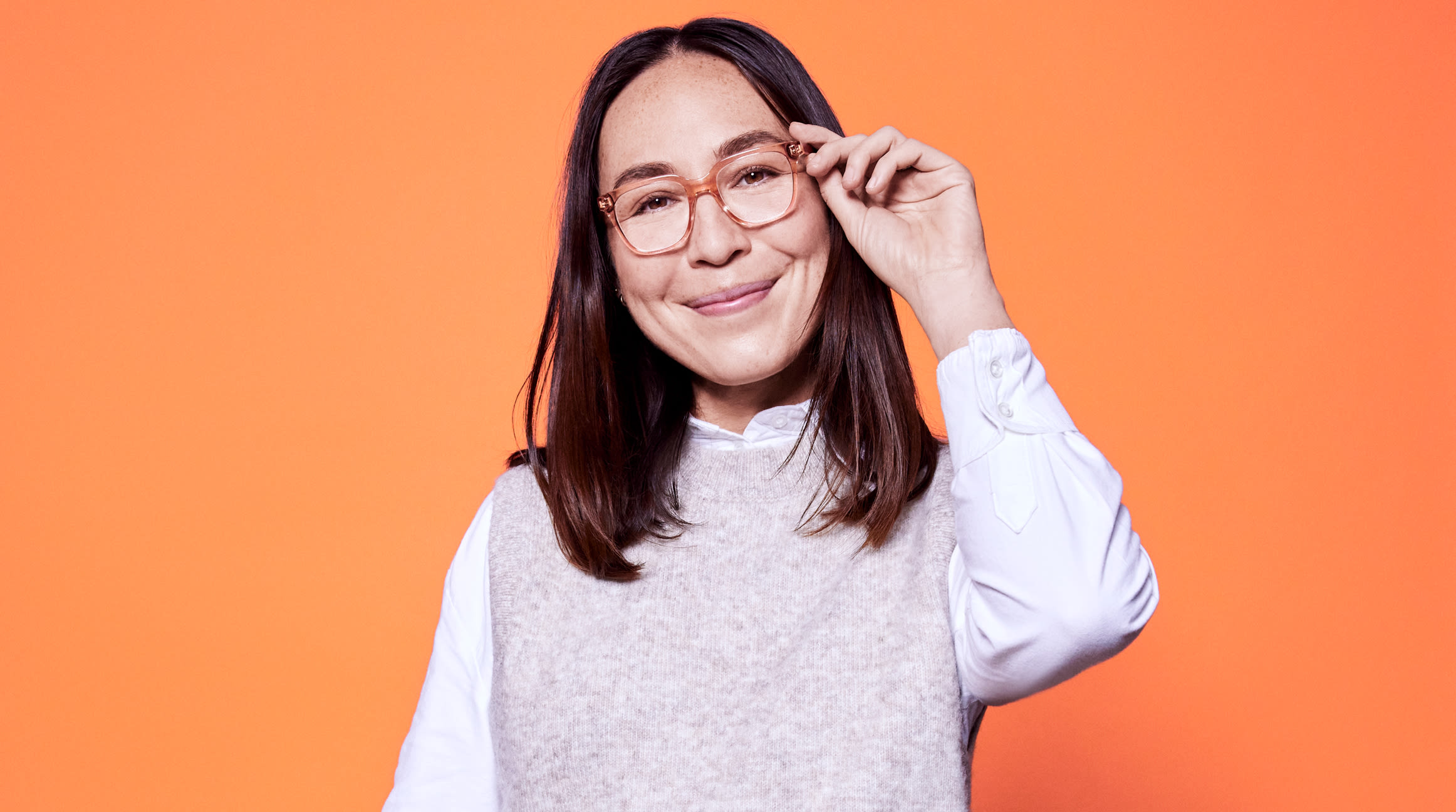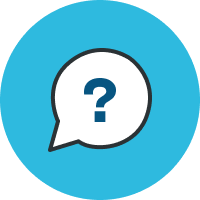February is Low Vision Awareness Month

February is Low Vision Awareness Month, and according to the National Eye Institute, over 4 million Americans 40 and older suffer from low vision.
Living with visual impairments can be challenging and burdensome, but there is hope and assistance.
First, let's understand what low vision is. Low vision consists of eyesight problems that make leading an everyday life complex, such as having difficulty reading, working, and driving. These vision impairments can't be resolved with glasses, contacts, or other standard treatments, such as with the aid of medicines or surgery.
If you have low vision, the first step to regaining control of your life and eyesight is to seek help. The concern is many people living with low vision may not be aware of the services and resources at their disposal. Low Vision Awareness Month was established to inform and spread awareness in response to this. If you or someone you know is living with low vision, there is hope and endless resources, starting with vision rehabilitation.
Vision Rehabilitation can help:
There are a variety of vision rehabilitation services, such as:
- Educational workshops
- Emotional support groups and counseling
- Devices such as magnifiers
- Assistive technologies such as screen readers
Vision rehabilitation can not restore vision, but it maximizes existing sight and provides helpful ways to lead an independent and safe life.
For vision rehabilitation services in the greater New York Area, contact Lighthouse Guild's Vocational Rehabilitation Center.
Prevent Blindness Organization also offers several helpful links, such as self-help guides, information on caring for the visually impaired, and resource links to over 1,600 low vision organizations.
Speaking with a low vision specialist is also incredibly important and beneficial.
How a low vision specialist can help:
If you or someone you know is suffering from low vision, it may be time to speak to a low vision specialist.
A low vision specialist is an ophthalmologist or optometrist who works with people suffering from vision impairments and low vision. They can collaborate with you to develop a vision rehabilitation plan and get you on your way to living your fullest life again.
These rehabilitations may include:
- Providing helpful resources and support
- Develop strategies that allow you to navigate in public and within your home safely.
- Teach new day to day skills that will enable you to resume an independent life
- Training to utilize adaptive devices and use magnification
Your doctor will know the best course of action for your vision needs and will provide you with the best tools to utilize and manage the vision you do have. Prevent Blindness Organization offers more information on what to expect from a low vision specialist.
Signs you may be living with low vision:
If you or a loved one may be questioning whether or not you
have developed or are developing low vision see if the symptoms below apply to you.
- Do you ever find it difficult to recognize faces, such as those of family and friends?
- Do you find it challenging to read labels on food, household products, or, more concerningly, that of prescription medicines?
- Do you experience difficulty using and viewing your phone and computer or watching TV?
- Do you experience difficulty reading books, newspapers, magazines, or even your own handwriting?
If you found yourself answering yes to one or more of the above, it may be time to speak with a low vision specialist. A specialist will give you the resources and tools you'll need to maximize the vision you have and lead a comfortable life.
Braille Institute is another excellent resource for help with low vision and obtaining low vision rehabilitation. They have various specialists, resources, classes, and events readily available.
Thriving with low vision:
Having low vision doesn't mean giving up your lifestyle and favorite activities. Instead, it means adapting to new ways to see the world safely and making the most of the vision you have with the help of support groups, specialists, endless resources, and assistive technologies.
This February spread the word to those closest to you with low vision and help them regain their lives.
Helpful Resources:
YouTube (Low Vision Awareness & Resources)



